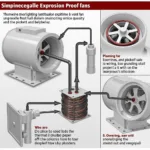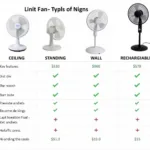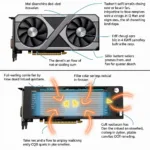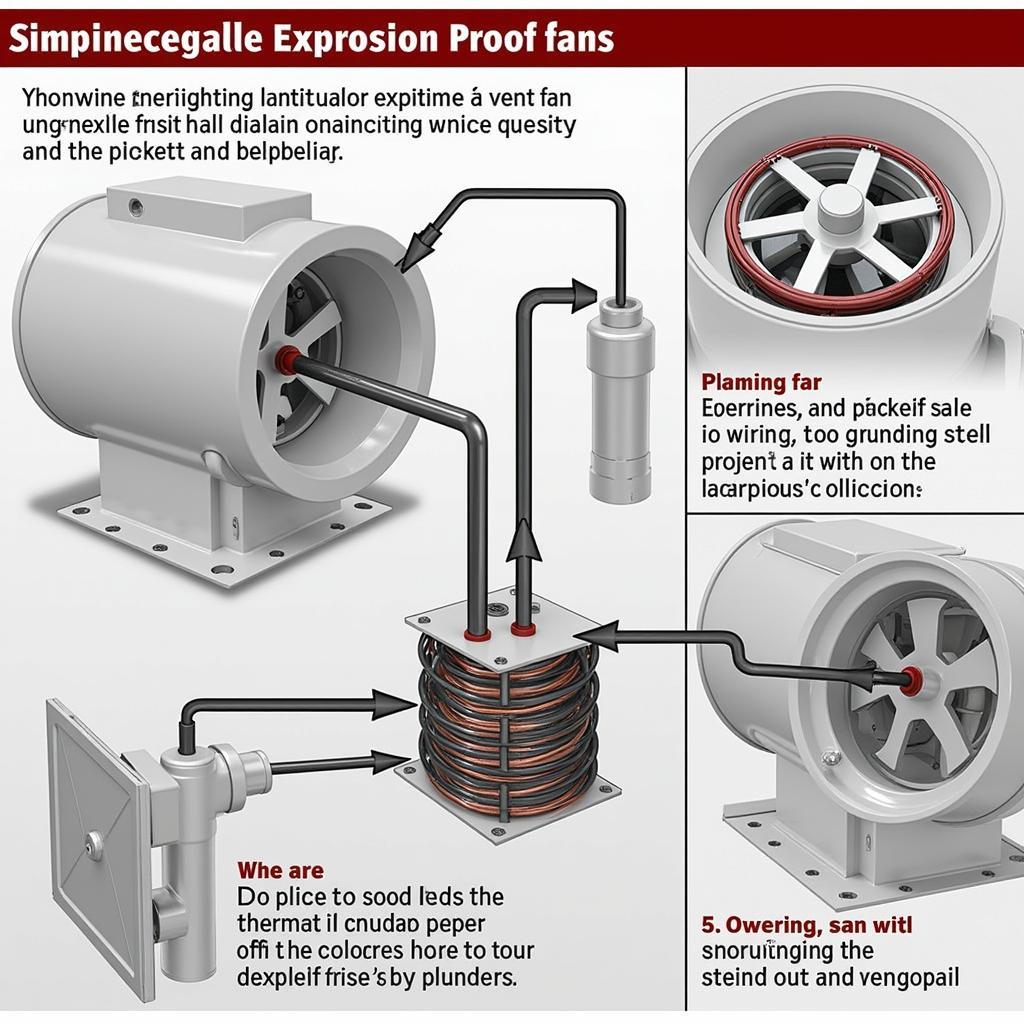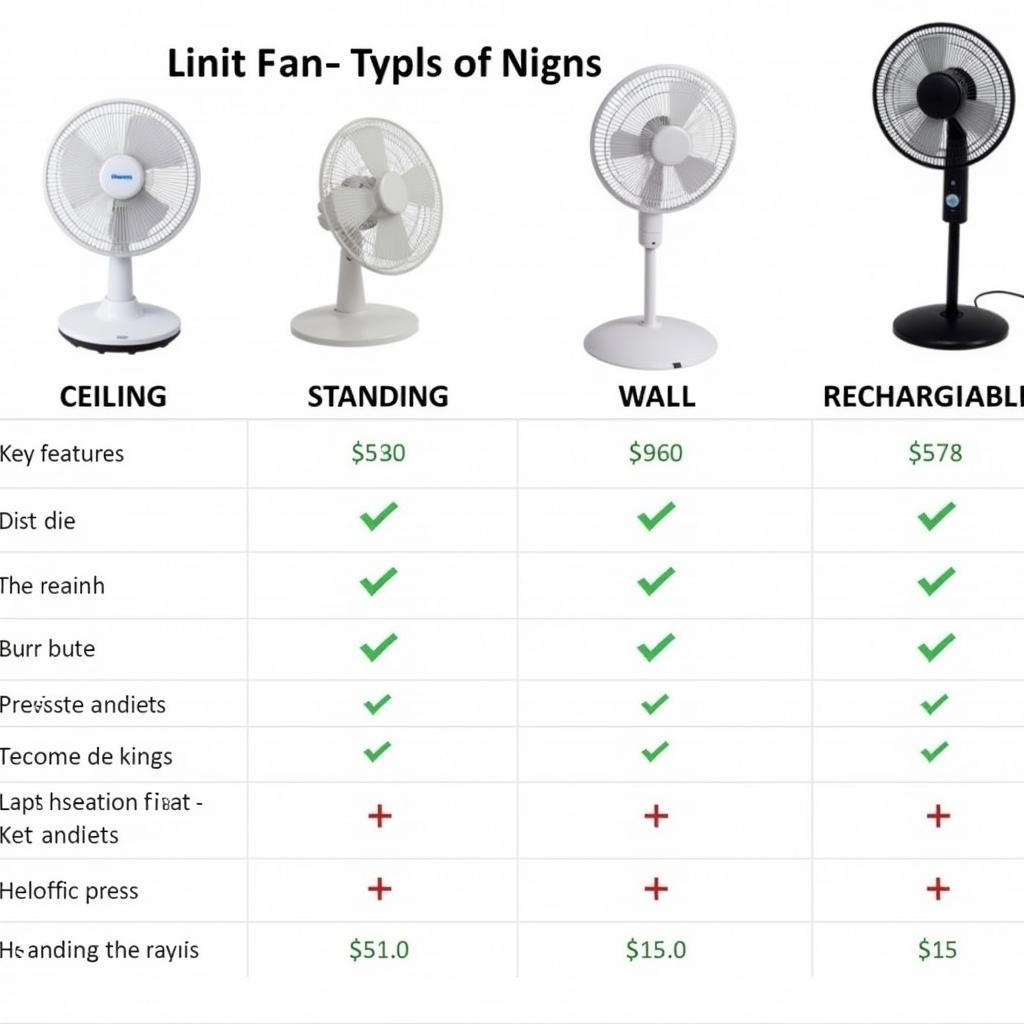The Baseball Fan Interference Rule, a sometimes controversial aspect of the game, dictates when and how a spectator can impact a play. It’s a crucial rule designed to maintain fair play and preserve the integrity of the game, but it can often lead to heated debate and passionate reactions from fans and players alike. Let’s dive into the intricacies of this often misunderstood rule.
What Constitutes Fan Interference in Baseball?
Fan interference occurs when a spectator interferes with a live ball in play. This interference can manifest in several ways, from reaching over the wall and catching a fly ball to throwing objects onto the field that obstruct a player. The ultimate goal of the fan interference rule is to prevent fans from unfairly impacting the outcome of a play.
Common Examples of Fan Interference
- Reaching over the fence: Perhaps the most common scenario, a fan reaching over the fence and touching a batted ball before it crosses the plane of the wall is considered interference. This often happens when fans try to catch a home run or prevent the opposing team from catching a fly ball.
- Touching a fair ball: If a fan in the stands touches a fair ball before it has been touched by a fielder, it’s interference. This can happen even if the ball is heading out of play or if the fan is entirely within the stands.
- Throwing objects onto the field: Throwing anything onto the field that interferes with a player’s ability to field a ball is also considered interference. This includes hats, gloves, and even beverages.
The Umpire’s Role in Fan Interference Calls
Umpires have the sole discretion to call fan interference. Their judgment is final, and their interpretation of the rule can significantly impact the game. Umpires must consider the trajectory of the ball, the intent of the fan, and the potential impact on the play when making their decision.
How Umpires Determine Interference
- Ball’s trajectory: The umpire assesses whether the ball was likely to be caught by a fielder had the fan not interfered.
- Fan’s intent: While not always easy to discern, the umpire may try to determine if the fan intended to interfere with the play.
- Potential impact: The umpire considers how the interference likely affected the outcome of the play.
Penalties for Fan Interference
The penalties for fan interference vary depending on the situation. The umpire has the authority to award the batter or baserunners the base(s) they would have likely reached had the interference not occurred. Alternatively, the umpire can call the batter out.
Examples of Penalties
- Batter awarded a home run: If a fan interferes with a fly ball that would have clearly been a home run, the batter may be awarded the home run.
- Runners awarded bases: If interference prevents a fielder from making a play on a fair ball, runners may be advanced to the bases they would have likely reached.
- Batter called out: If a fan interferes with a ball that would have likely been caught for an out, the batter may be called out.
Avoiding Fan Interference: Tips for Spectators
Fans play a crucial role in creating the atmosphere of a baseball game, but it’s essential to respect the boundaries of the field and avoid interfering with the play.
- Be mindful of your surroundings: Pay attention to the game and be aware of where the ball is at all times.
- Keep your hands to yourself: Avoid reaching over the fence or onto the field.
- Don’t throw anything onto the field: This includes hats, gloves, and other objects.
Conclusion
The baseball fan interference rule is essential for ensuring fair play and upholding the integrity of the game. Understanding the nuances of this rule can enhance your appreciation of the sport and help you avoid unintentionally impacting the outcome of a game. Remember to be a responsible fan, enjoy the game, and leave the playing to the professionals.
FAQs
- What happens if a fan interferes with a foul ball? There is no penalty for fan interference on a foul ball.
- Can a fan be ejected for interference? Yes, fans can be ejected from the stadium for interfering with a play.
- Can a manager challenge a fan interference call? No, fan interference calls are not reviewable.
- Is there a difference between fan interference and spectator interference? The terms are generally used interchangeably.
- Can a fan be held legally liable for interfering with a game? While rare, legal action has been taken against fans for interference in extreme cases.
- What if a ball bounces off a fan and back onto the field? This is generally considered a live ball unless the umpire deems it interference.
- How often does fan interference occur in professional baseball? While there’s no official tracking, it’s a relatively infrequent occurrence.
Other Questions?
For more information on baseball rules and regulations, check out our other articles on “Fans Bóng Đá”:
- Understanding Baseball Scoring
- The History of the Designated Hitter Rule
Need further assistance? Contact us:
Phone: 0903426737
Email: [email protected]
Address: Tổ 9, Khu 6, Phường Giếng Đáy, Thành Phố Hạ Long, Giếng Đáy, Hạ Long, Quảng Ninh, Việt Nam.
We have a 24/7 customer service team ready to help!
